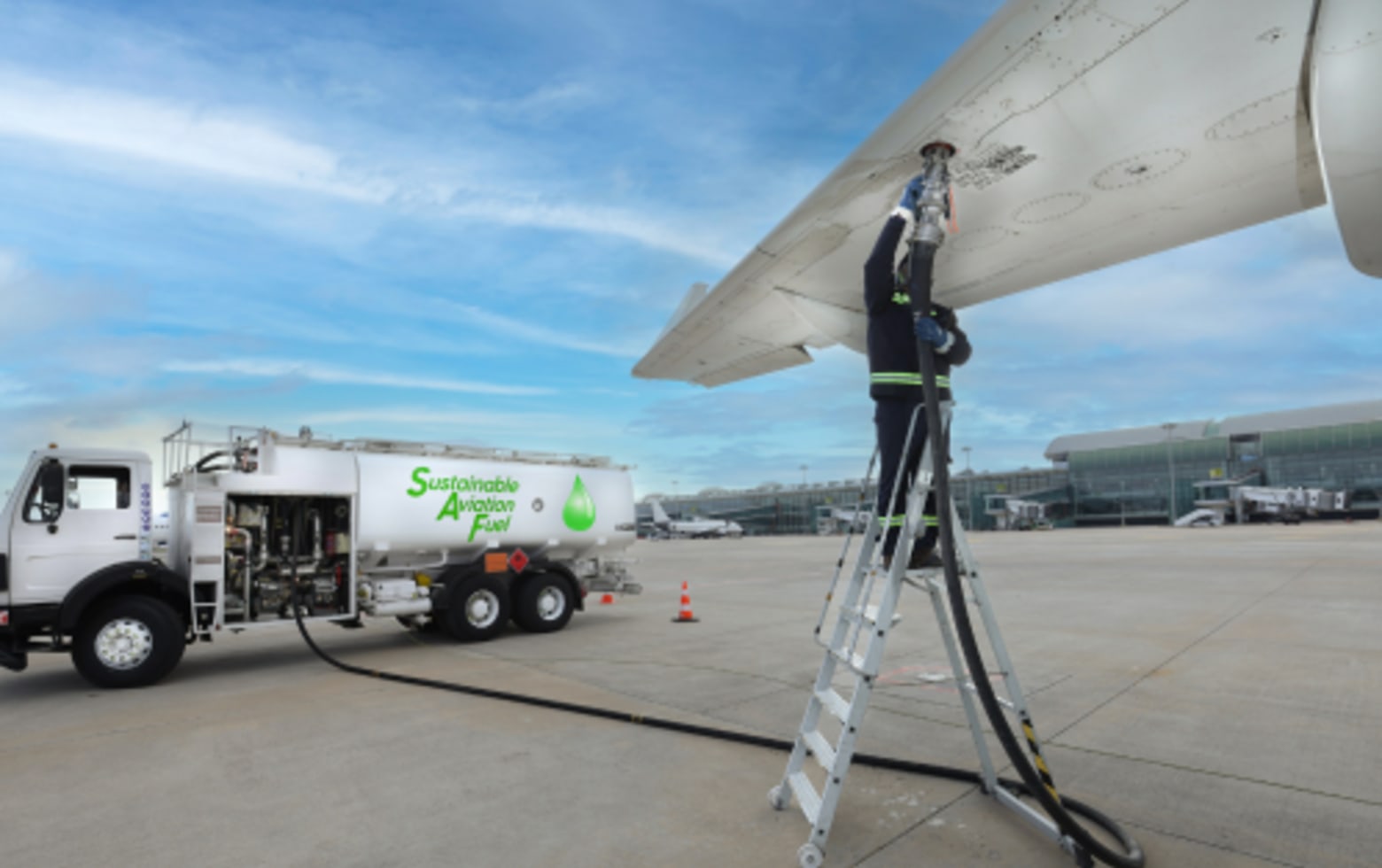Energy logistics company Exolum has announced a £4.5 million investment to create the UK's first independent Sustainable Aviation Fuel (SAF) blending facility at Redcliffe Bay in south-west England.

Expected to become operational in 2026, the facility will support the greening of up to 64,741 flights annually, equivalent to the London to New York route by blending SAF with conventional aviation fuel. The "drop-in" biofuel can be used in aircraft without modifications, reducing carbon emissions from flying.
The Redcliffe Bay site will be the first in a planned UK-wide network of SAF blending hubs, creating what Exolum describes as a "SAF Superhighway" across its 2,000km pipeline network.
This infrastructure is expected to provide SAF producers and importers with market access to jet fuel for 40% of flights leaving UK airports.
The facility will supply greener aviation fuel to major airports across southern England and Wales, including Heathrow, Gatwick, Bristol, Exeter and Cardiff.
Unblended SAF will arrive by ship at Bristol's Royal Portbury Dock before being transported via pipeline to Redcliffe Bay for storage, blending and distribution.
The investment includes converting existing aviation fuel storage tanks, installing state-of-the-art blending infrastructure, and modifying systems with new pumps, filtration and segregation valves.
Exolum North West Europe Lead, Stephen Land, said:
"Exolum's investment at Redcliffe Bay is turning the UK's ambitions for greener flights into reality, whilst helping secure the country's world-leading position at the forefront of global sustainable aviation."
UK Department for Transport Aviation Minister, Keir Mather MP, says:
"I'm excited to see the rollout of Exolum's SAF network, which will help support regional jobs across the country and is another major vote of confidence in our SAF polices including the SAF Bill, which is back in Parliament for its third reading."
The announcement coincides with progress on the UK's Sustainable Aviation Fuel Bill, which creates new subsidies for SAF production.

CILT(UK) aviation expert addresses MPs on Sustainable Aviation Fuel Bill
A Bill supporting the production of Sustainable Aviation Fuel (SAF) was introduced in Parliament on 14 May this year.

Avia Solutions Group partners with DHL express to accelerate SAF use
Avia Solutions Group, a provider of Aircraft, Crew, Maintenance, and Insurance (ACMI) services, has entered a partnership with DHL Express aimed at reducing greenhouse gas emissions from international shipments through the use of sustainable aviation fuel.

New laws introduced to boost UK green aviation fuel production
The Department for Transport (DfT) has introduced new legislation in Parliament aimed at increasing sustainable aviation fuel (SAF) production in the UK.